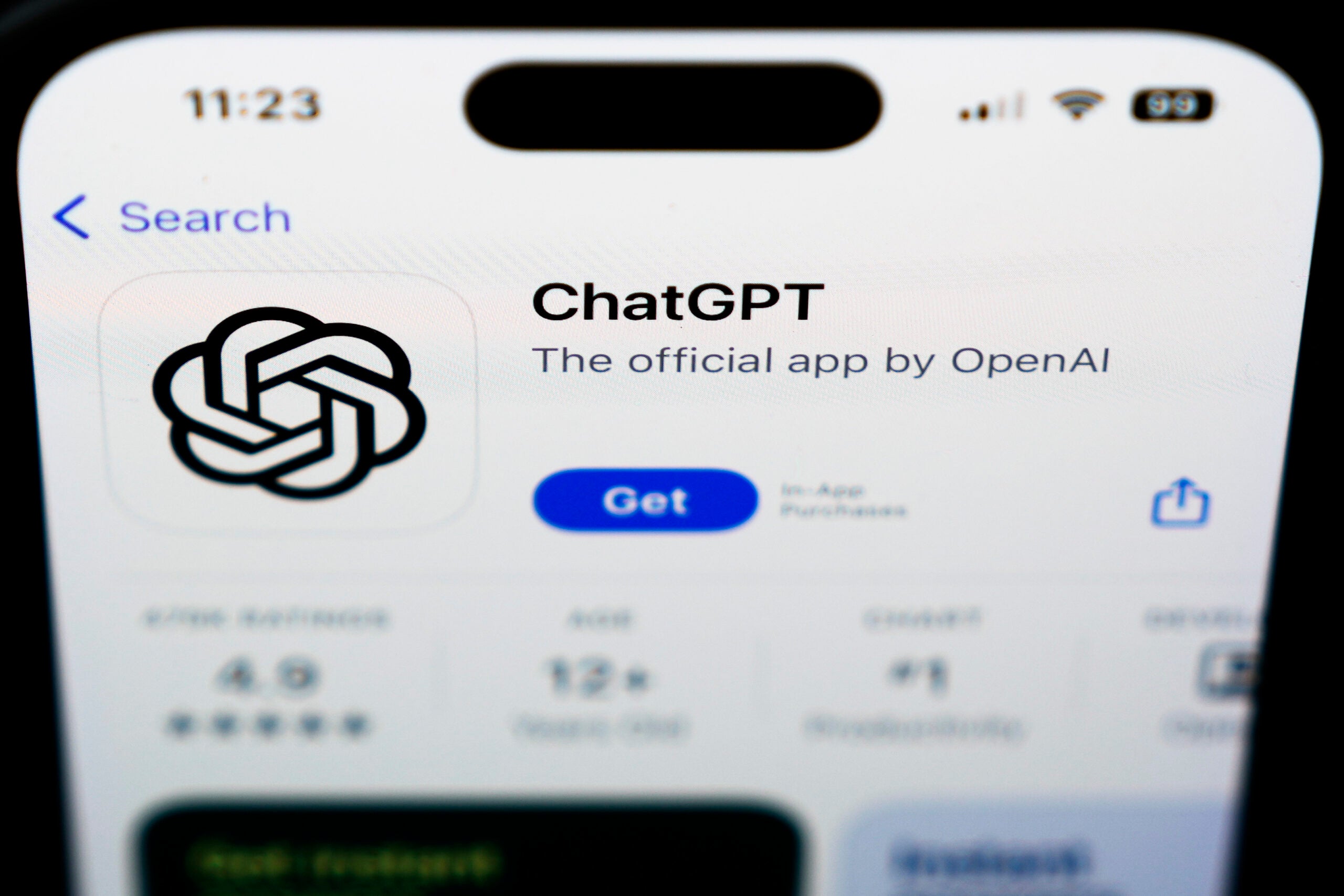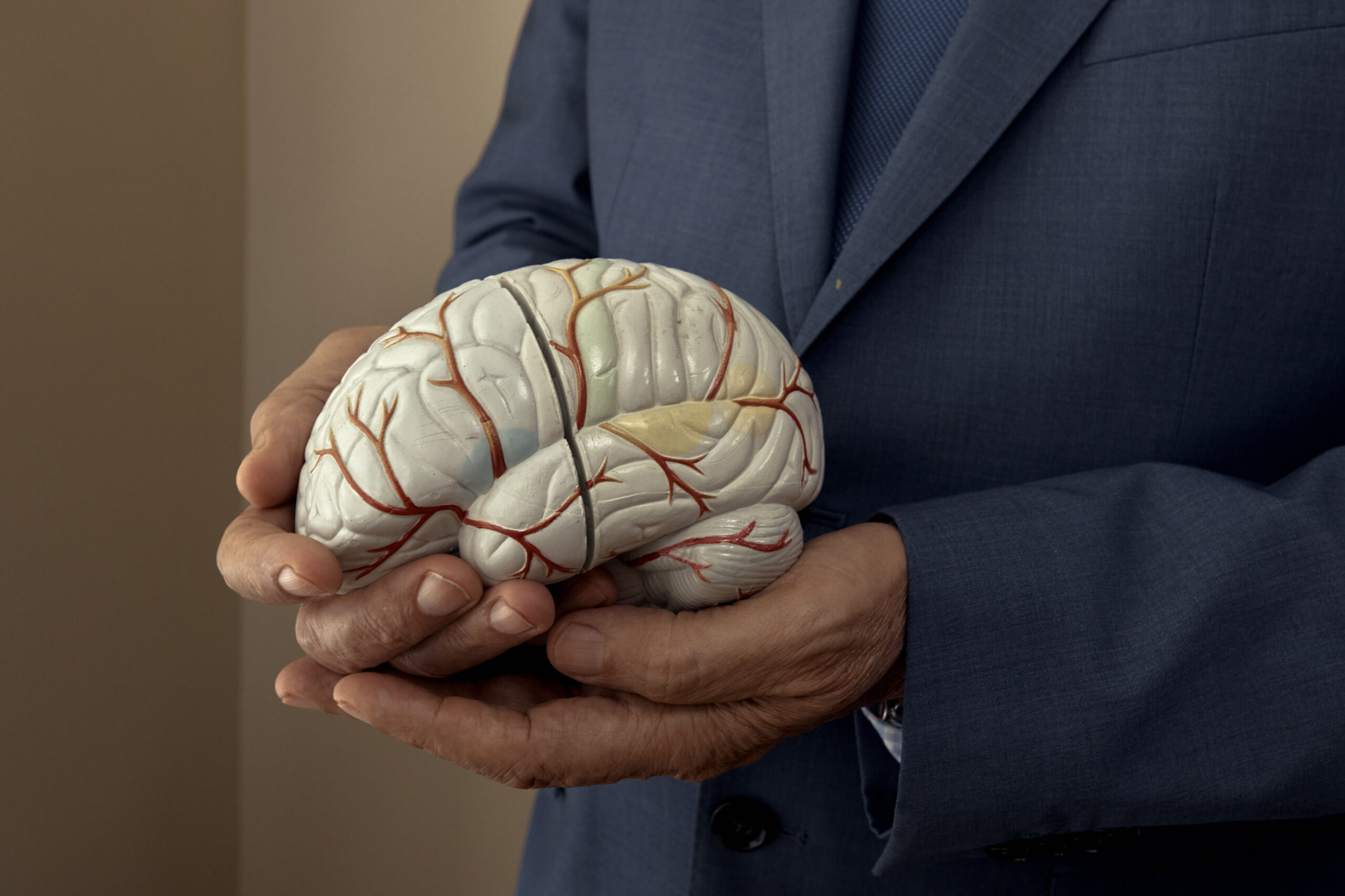Good morning. You’re reading the Up First newsletter. Subscribe here to get it delivered to your inbox, and listen to the Up First podcast for all the news you need to start your day.
Today’s top stories
As the war between Israel and Hamas rages on, health professionals are increasingly concerned about outbreaks of respiratory ailments, hepatitis, GI problems and other infectious diseases in Gaza. The World Health Organization warns that disease may eventually kill more people than combat.
News with a little more humanity
WPR’s “Wisconsin Today” newsletter keeps you connected to the state you love without feeling overwhelmed. No paywall. No agenda. No corporate filter.
- “It’s bad, and it may well get worse,” NPR’s Ari Daniel reports on Up First. Rates of diarrhea among children are 25% higher than before the war. Gaza’s health infrastructure has crumbled and more than half of its hospitals are no longer functioning. Intense overcrowding and a lack of clean water, sanitation and proper nutrition are creating a perfect storm for the spread of disease.
Check out npr.org/mideastupdates for more coverage and analysis of this conflict.
The New York Times has sued OpenAI and Microsoft for copyright infringement. The federal lawsuit alleges the ChatGPT creator and its biggest backer used the newspaper’s material without permission to train its chatbots.
- For months, OpenAI and the Times have negotiated a licensing agreement where OpenAI would pay the paper to use its articles. Those talks have collapsed, NPR’s Bobby Allyn reports. He adds that the “entire digital publishing industry is on edge about generative AI,” with fears of job loss and the spread of misinformation.
Scientists are almost certain 2023 will be the hottest year on record, capping a record-breaking decade of heat. The last eight years have been the hottest eight on record too.
- Climate scientist Zeke Hausfather tells NPR’s Lauren Sommer that a century of fossil fuel use led to a year like this. Oceanographer Tessa Hill tells Sommer that without changes, “we will look back at 2023 and think of it as, you know, remember that year that wasn’t so bad?”
Deep dive
This year, the economy began to look a lot more like it did before the COVID pandemic began. Credit card debt increased, unemployment remained low, inflation cooled and wages outgrew inflation. Here’s how life got more expensive — and more affordable — in 2023, shown through five charts.
- Don’t skip breakfast. The price of eggs, butter, coffee and sugar have finally dropped.
- Housing costs climbed, but the worst could be behind us. Mortgage rates have eased and savings rates are climbing from rock bottom levels.
- Book those travel plans. Falling jet fuel prices have lowered the price of airfare.
Picture show
Photographers from across the NPR network have covered some of the year’s most important stories, from the train derailment in East Palestine, Ohio to Texas’s abortion ban lawsuits. Recap the year through images of the most memorable moments.
3 things to know before you go
- Apple’s Series 9 and Ultra 2 smartwatches are available to purchase again after a federal appeals court temporarily halted an import ban as the company challenges a patent dispute with the medical technology company Masimo.
- About 15 years ago, Oliver Muensterer was in a panic. He had traveled hours for a job interview and forgot his white dress shirt. He still remembers his unsung hero, a kind hotel desk attendant who gave him the shirt off his back.
- If you’ve ever been on the road and wondered if car headlights are getting brighter, you’re not totally wrong. The position where they’re mounted on cars can cause glare and reduce visibility. (via LAist)
This newsletter was edited by Olivia Hampton.
9(MDAyMjQ1NTA4MDEyMjU5MTk3OTdlZmMzMQ004))
© Copyright 2026 by NPR. To see more, visit https://www.npr.org.9(MDAyMjQ1NTA4MDEyMjU5MTk3OTdlZmMzMQ004))







